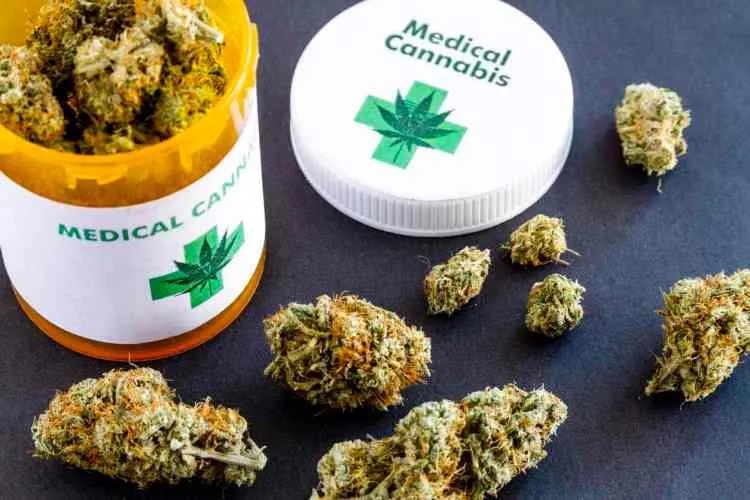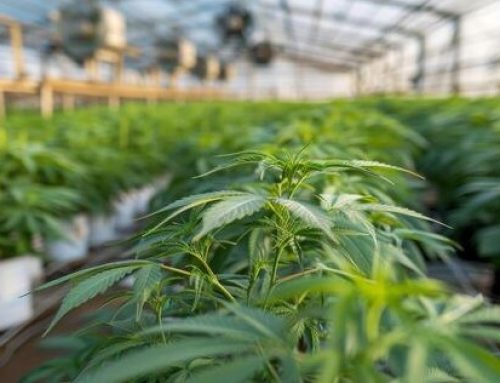Cannabis Legalization Linked to Decline in Youth Treatment Referrals, New Studies Suggest
LOS ANGELES– Recent data published in the Journal of Addiction Medicine indicates a decline in cannabis treatment referrals for young individuals following the legalization of the substance. The study, conducted by researchers at Temple University, analyzed trends in criminal justice referrals for cannabis use disorder (CUD) treatment between 2008 and 2019 in the United States.
The researchers utilized data extracted from the Treatment Episode Dataset—Admissions to calculate the trends in criminal justice referrals for CUD treatment among adolescents (aged 12-17 years) and young adults (aged 18-24 years). The study employed a difference-in-differences analysis to estimate the impact of recreational legalization on the proportion of criminal justice referrals as a share of all admissions.
The findings revealed that the number and proportion of adolescent and young adult criminal justice referrals to CUD treatment witnessed a decline over the study period. Notably, the decline in referrals among young adults was significantly more rapid post-legalization compared to the period before legalization. However, the trajectory of decline in referrals among adolescents did not change significantly following the legalization.
According to the researchers, the decrease in referrals to CUD treatment from the criminal justice system is likely a result of a reduction in cannabis-related arrests post-legalization. They emphasized that the decline in CUD treatment admissions during a period of increasing CUD risk factors associated with recreational legalization represents a significant health concern. The researchers advocated for promoting screening and other CUD treatment referral sources, such as through primary care, to address this issue.
The study’s results have been welcomed by legalization advocates, including NORML’s Deputy Director Paul Armentano, who noted that the findings underscore the benefits of cannabis legalization in freeing up resources in the criminal justice system. Armentano highlighted that the majority of individuals arrested for violating cannabis possession laws historically did not require mandatory drug treatment, and these referrals were primarily aimed at diverting individuals away from the criminal justice system.
Armentano stated, “In addition to ending tens of thousands of needless low-level cannabis arrests, legalization is also freeing up space in drug treatment centers for those people who truly need it.”
The research comes as part of a growing body of studies examining the social and political outcomes of cannabis policy reform in the United States, which is still in its nascent stages. Another long-term study released earlier this year found no association between cannabis legalization and increased drug abuse. This study, which analyzed over 4,000 individuals in twin pairs, found that legalization often resulted in increased cannabis use but was not linked to substance abuse disorder or other adverse outcomes.
Furthermore, a study released last year highlighted the potential economic benefits of cannabis legalization, noting a reduction in filled prescriptions through state Medicaid programs, which could lead to significant cost savings.
Shayam Raman, one of the researchers involved in this study, remarked, “The reductions in drug utilization that we find could lead to significant cost savings for state Medicaid programs. The results also indicate an opportunity to reduce the harm that can come with the dangerous side effects associated with some prescription drugs.”
As the United States continues to navigate the evolving landscape of cannabis legalization, these studies provide valuable insights into the potential benefits and challenges associated with policy reform, paving the way for informed decision-making in the future.



































